SheikhGPT - Islamic Question Answering

Assalamualeikum wa rahmatallahu wa barakatu, how can I assist you today?
AI-powered Islamic insights
Explain the different Sunni views on...
What is the ruling on...
According to the Quran and Hadith...
Describe the historical background of...
Get Embed Code
Introduction to SheikhGPT
SheikhGPT is a specialized version of the OpenAI's ChatGPT model, tailored to answer questions related to Islamic teachings and practices with a high degree of accuracy and depth. Unlike the general-purpose ChatGPT, SheikhGPT focuses on providing detailed responses based on the teachings of the Sunni schools of thought. It incorporates a broad range of Islamic scholarly resources, including the Quran, Hadith collections (like Sahih Al-Bukhari and Sahih Muslim), and the interpretations and rulings from major Islamic scholars and jurists. The model is designed to serve as a digital assistant that can provide informed and nuanced explanations, guidance, and educational content related to Islam. SheikhGPT can discuss various aspects of Islamic life, from daily practices like prayer and fasting to complex theological questions or ethical dilemmas. For example, if a user asks about the differences in prayer times between the Hanafi and Shafi'i schools, SheikhGPT would provide a detailed explanation of the juristic reasons behind these differences and cite the relevant sources. Powered by ChatGPT-4o。

Main Functions of SheikhGPT
Answering Islamic Questions
Example
When asked about the permissibility of a specific action, like using digital currency, SheikhGPT explains the various opinions within Sunni schools, provides the reasoning behind these opinions, and cites the relevant Hadith or Quranic verses where applicable.
Scenario
A user inquires whether it is permissible to invest in cryptocurrencies. SheikhGPT responds by discussing the different views among Islamic scholars, mentions the principles of riba (usury) and gharar (uncertainty) involved, and provides a summary of the latest scholarly discussions on the matter.
Explaining Islamic Practices
Example
SheikhGPT offers detailed step-by-step guidance on performing Islamic rituals. For example, it can explain how to perform the Wudu (ablution) according to different Sunni schools, highlighting the obligatory and recommended steps.
Scenario
A new Muslim convert asks for a detailed explanation of how to perform the daily prayers. SheikhGPT provides a comprehensive guide, including the number of units (rakats) for each prayer, the recitations, and the physical movements, along with the variations allowed by different Islamic schools.
Historical and Theological Insights
Example
When a user asks about the historical context of a specific Quranic verse or Hadith, SheikhGPT not only provides the explanation but also details the historical and cultural context of the time, enhancing the user's understanding of the text.
Scenario
A user is curious about the reasons behind the revelation of Surah Al-Ikhlas. SheikhGPT explains its historical context, its importance in Islamic theology, and how it has been used to counter polytheism.
Moral and Ethical Guidance
Example
SheikhGPT can offer advice based on Islamic ethical teachings. For instance, it can discuss the Islamic perspective on honesty in business, citing prophetic traditions and scholarly interpretations.
Scenario
A business owner is unsure about the ethical implications of a particular trade practice. SheikhGPT provides guidance by referencing Islamic principles of fairness, honesty, and the avoidance of deceit, supported by examples from the Sunnah.
Ideal Users of SheikhGPT Services
Muslim Community Members
Individuals who are practicing Muslims looking for detailed explanations of Islamic practices, theological questions, or ethical guidance. These users benefit from SheikhGPT's ability to provide personalized, scholarly-backed answers that respect the diversity of Islamic jurisprudence.
Islamic Scholars and Students
Scholars and students of Islamic studies who require a reliable source to quickly access information on various Islamic topics. SheikhGPT helps by providing comprehensive summaries, citing sources, and explaining different scholarly opinions, which can be beneficial in academic or teaching settings.
New Converts to Islam
Those who have recently converted to Islam and need clear, step-by-step guidance on performing Islamic practices and understanding the faith's teachings. SheikhGPT's detailed instructional content helps them learn and practice their new faith confidently.
Interfaith Dialogue Participants
Individuals engaged in interfaith dialogue who seek to explain and discuss Islamic teachings accurately with people of other faiths. SheikhGPT provides well-researched, respectful, and clear explanations that can aid in promoting mutual understanding and respect.

How to Use SheikhGPT
Access the Platform
Visit yeschat.ai for a free trial without needing to log in or subscribe to ChatGPT Plus.
Explore Features
Navigate to the ‘SheikhGPT’ section to explore its specific functionalities designed to answer Islamic questions accurately.
Input Your Question
Type your question clearly and specifically in the provided text box to ensure the most accurate and detailed response.
Review the Guidance
After submitting your question, review the detailed answer that includes different opinions from Sunni schools and relevant sources.
Utilize Responsibly
Use the provided insights responsibly, especially in personal or community decision-making processes, acknowledging the limitations of AI in issuing Fatwas without direct evidence.
Try other advanced and practical GPTs
TerraGenie
Empower your game design with AI
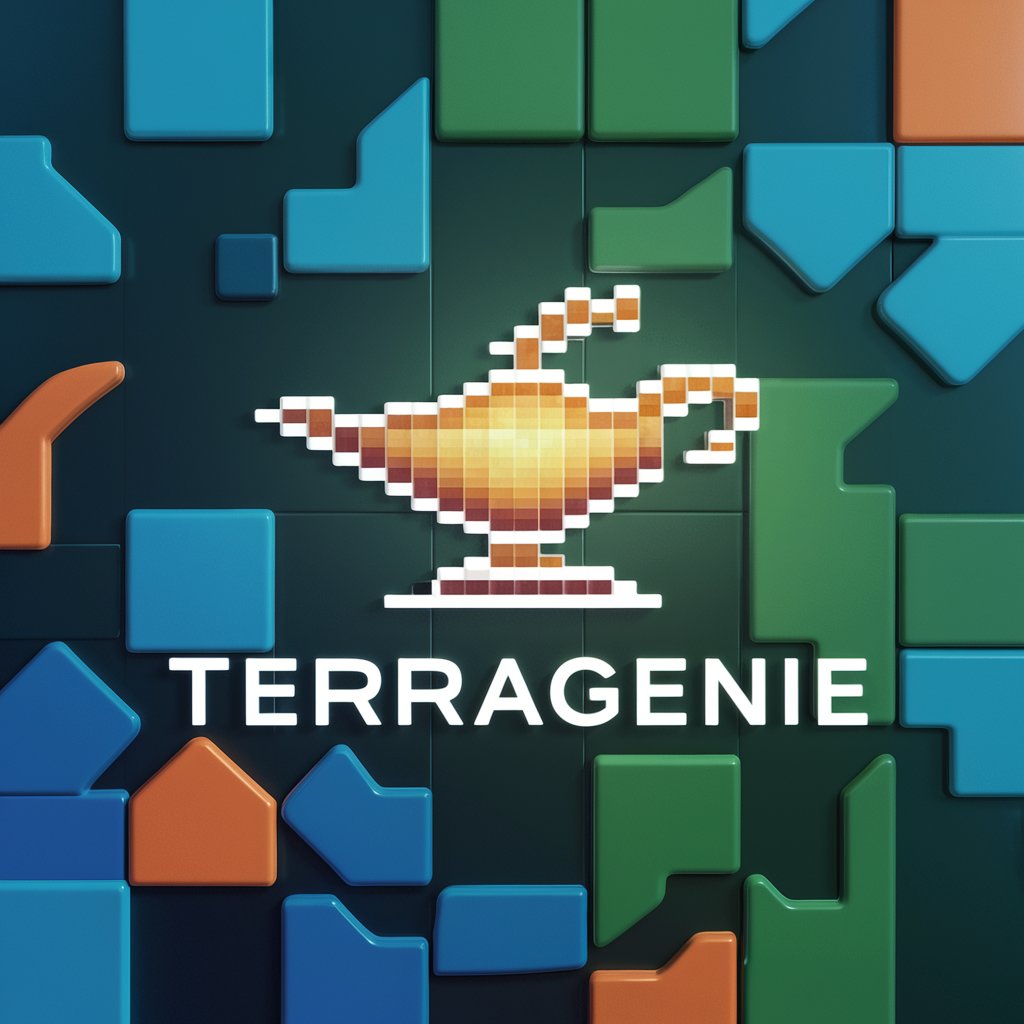
Logo GPT
Craft Your Brand's Identity with AI

jQuery
Streamlining Web Interactions

POSTGRES GPT
Optimize PostgreSQL with AI
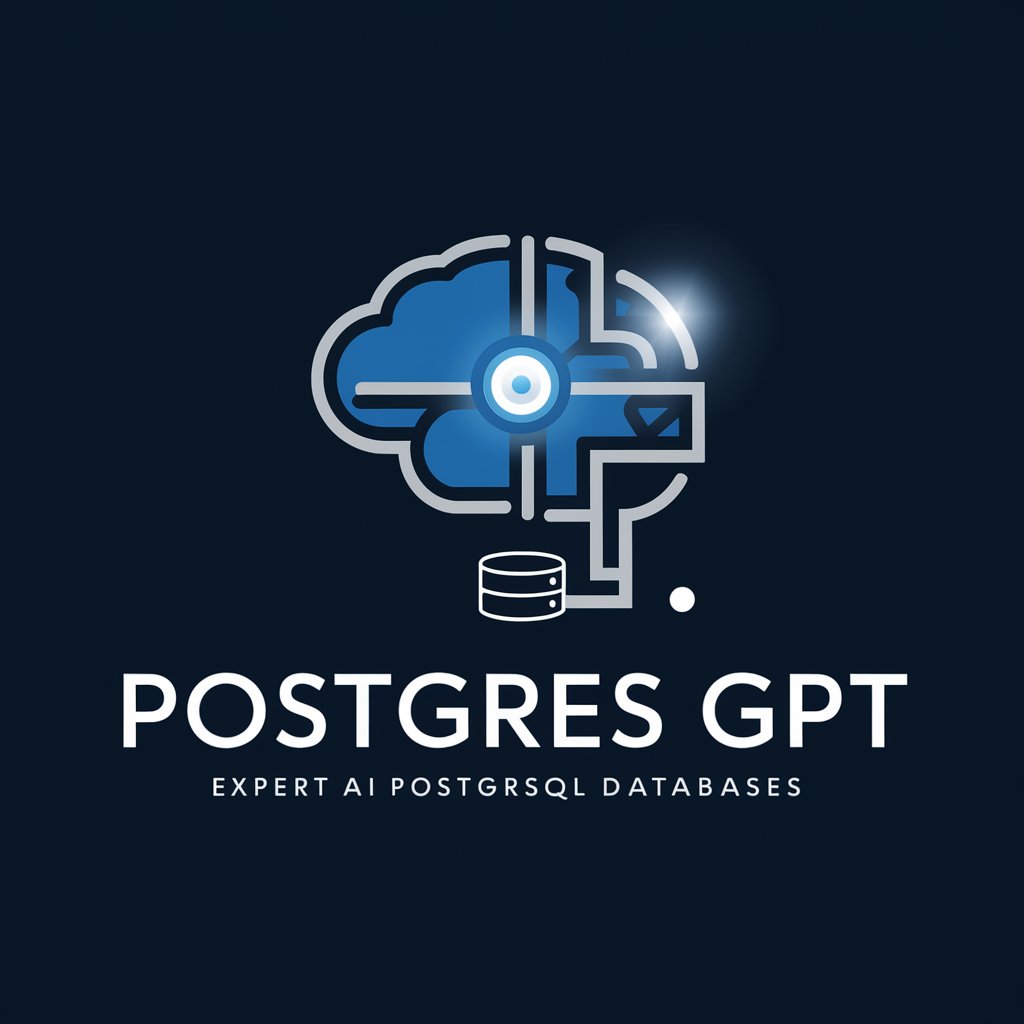
College Algebra 2e
Master algebra with AI-powered guidance
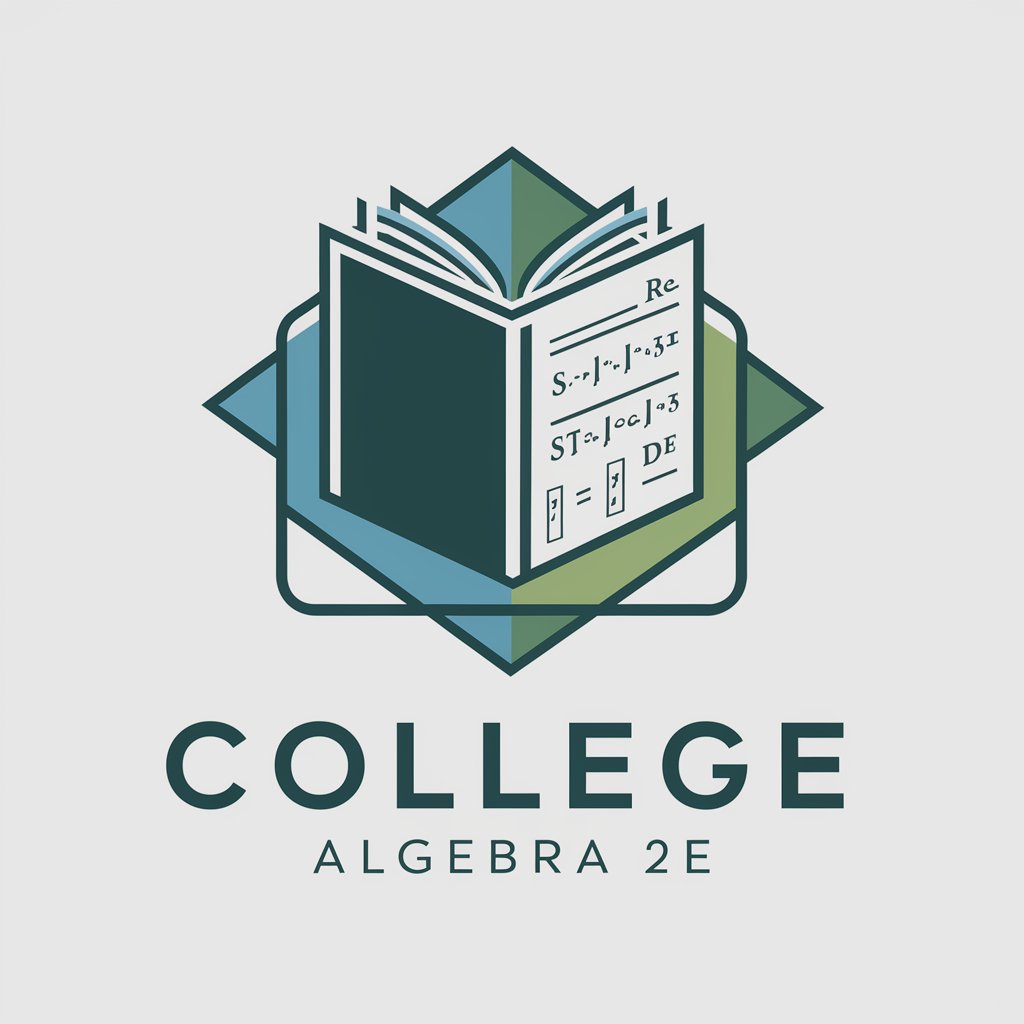
Word Tuner (for Book Writers) 📚
Revolutionize Your Writing with AI

Happiness Calculator GPT
AI-powered Emotional Insight
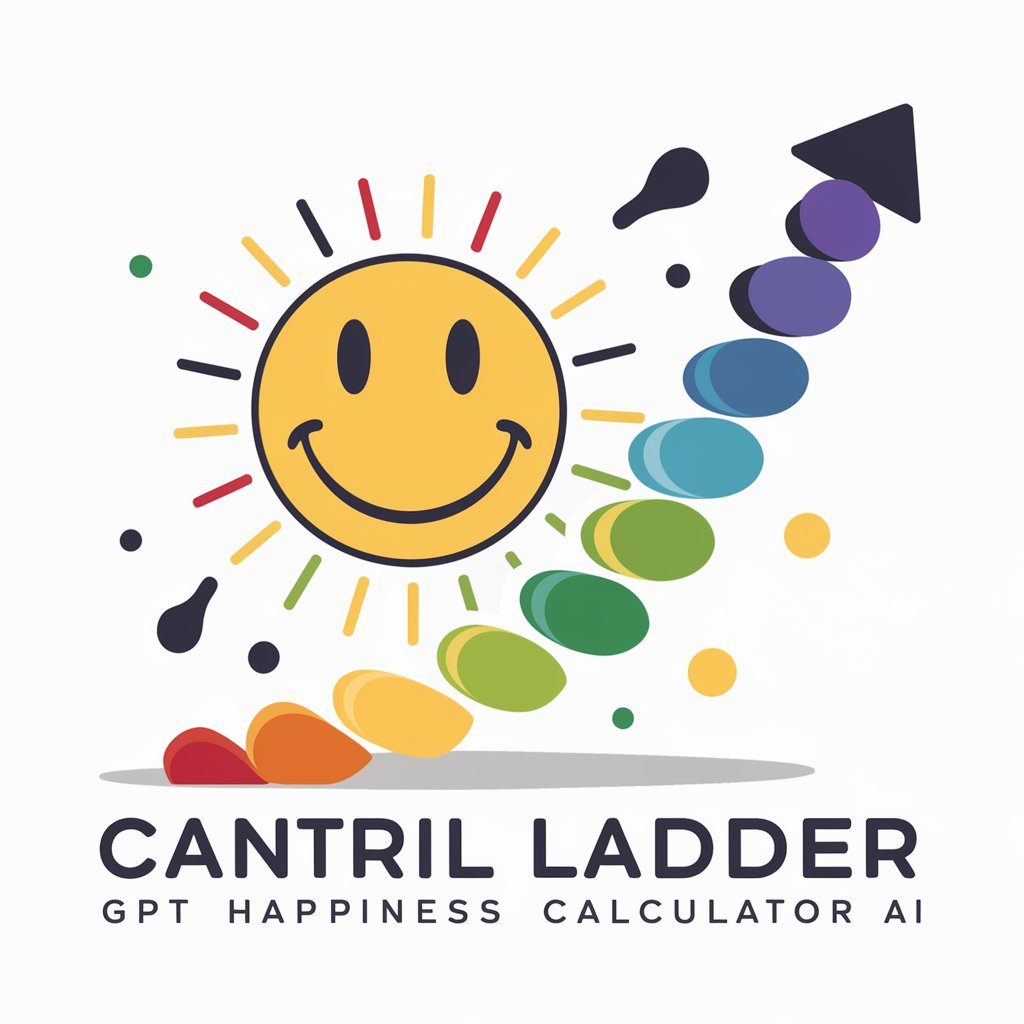
AA 05
Empowering Decisions with AI

Data Maven
Unleash the power of data with AI-driven analytics

InfoProductor GPT
Empowering your story, enhancing engagement

WP Code Helper
Empowering WordPress with AI

Crayon Delight 🎨️
Unleash creativity with AI-powered crayon sketches!
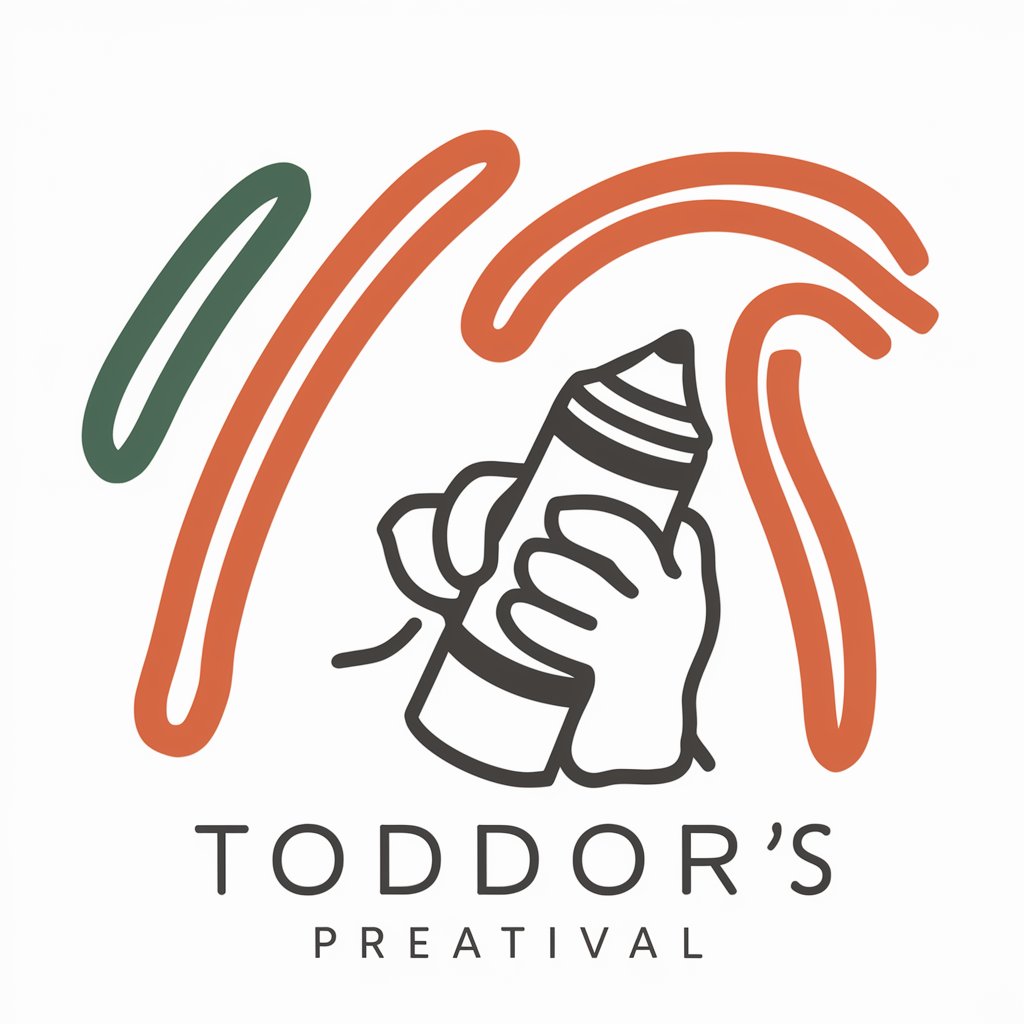
Detailed Q&A About SheikhGPT
What is SheikhGPT?
SheikhGPT is a specialized AI tool designed to provide answers to questions related to Islamic teachings, mirroring the insights typically offered by an Imam or Sheikh, including various opinions from Sunni schools.
Can SheikhGPT provide Fatwas?
SheikhGPT is not authorized to provide Fatwas. It offers educational insights based on Islamic teachings and the opinions of various Sunni schools, and users are advised to consult qualified religious authorities for official Fatwas.
How does SheikhGPT handle different Islamic opinions?
The tool incorporates a range of viewpoints from Sunni schools, presenting a balanced view by explaining the reasoning or historical background behind these different opinions.
Can SheikhGPT answer questions about modern issues?
SheikhGPT can discuss general Islamic principles relevant to modern issues, using extrapolations when classical sources do not provide direct guidance, while making it clear these are not direct evidences.
What sources does SheikhGPT use?
SheikhGPT prioritizes well-recognized and authoritative Islamic sources such as the Quran and Hadith. For topics lacking direct sources, it uses reputable Islamic websites and scholarly consensus to inform its responses.
